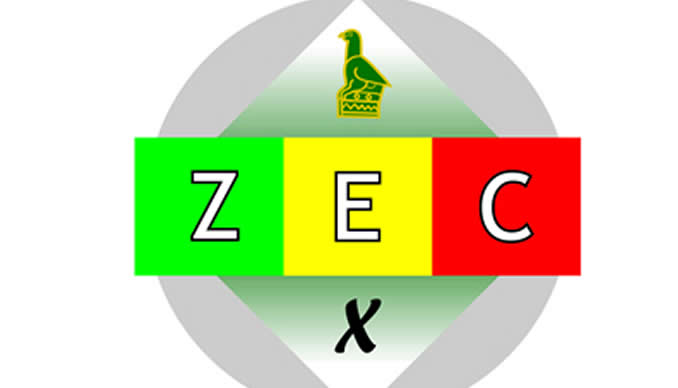
The opening-up of the provisional voters’ roll for inspection yesterday by the Zimbabwe Electoral Commission (Zec) marked yet another milestone on the road to watershed elections in a few weeks’ time.
Zimbabweans are gearing up for the first election since independence without former ruler Robert Mugabe as the incumbent.
Zec is in the process of creating a fresh voters’ roll with the use of the biometric voter registration (BVR) system, which calls for extensive publicity around the electoral cycle.
The use of the BVR system means the voters’ roll will be created from scratch and everyone who wants to take part in the forthcoming elections has to register afresh. From yesterday to May 29 Zec will open static and mobile centres across the country.
The purpose of the provisional voters’ roll inspection is to allow potential voters to check if their details were correctly captured during the ongoing BVR exercise that began late last year.
Potential voters that discover that their details were not correctly captured will be given a chance to get the mistakes rectified.
According to Zec, a record 5,3 million Zimbabweans had registered by the end of the first BVR blitz at the beginning of the year.
The number of registered voters is probably much higher now with interest in the elections increasing as political parties launch their manifestos and embark on campaign rallies.
- Chamisa under fire over US$120K donation
- Mavhunga puts DeMbare into Chibuku quarterfinals
- Pension funds bet on Cabora Bassa oilfields
- Councils defy govt fire tender directive
Keep Reading
However, many Zimbabweans are at risk of being left out because of lack of publicity around the BVR exercise with limited voter education happening on the ground. Zec flighted a couple of adverts in newspapers indicating the location of the inspection centres, but that was not enough to guarantee full participation of the electorate in the exercise.
In Zimbabwe, the media’s reach, especially that of newspapers, is limited to mostly urban areas and this means the majority, which is rural-based, will not get the message.
This is why organisations such as the Election Resource Centre are challenging provisions of the Electoral Act, which makes voter education a preserve of Zec.
Zec has demonstrated time and again that it lacks the capacity to carry out effective voter education, probably because of budget constraints.
That gap can easily be filled by civil society groups that have both financial capacity and the skills to educate voters about their rights and changes that are happening in the country’s electoral system.
The education is not only needed to create awareness about the electoral calendar, but also to avoid the disenfranchisement of the electorate.
Zec must be seen supporting the proposals to amend the Electoral Act because they will enhance its capacity to organise credible elections.
The government must also ensure that it allocates the commission enough money to carry out its activities to the satisfaction of all players.











